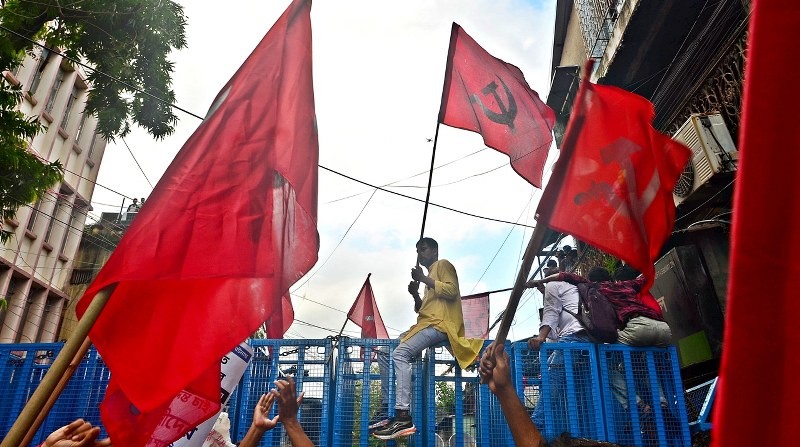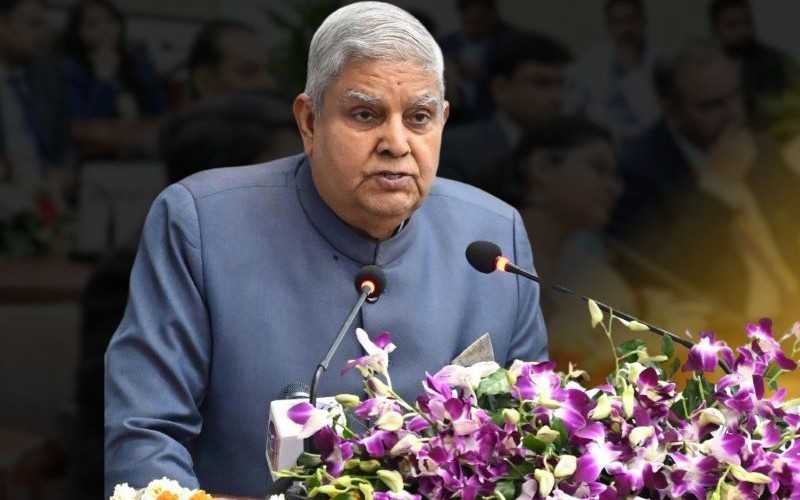India to host G20 Tourism Working Group meeting in Jammu and Kashmir, despite objections from Pakistan and China

Jammu&Kashmir/IBNS: The Jammu and Kashmir Policy Institute has proposed that hosting the G20 summit in the region would be a bold move and an opportunity to showcase its potential on a global scale.
The independent think-tank, based in Srinagar, stated that despite opposition from China and Pakistan, India has chosen Srinagar as the venue for the G20 Tourism Working Group meeting scheduled from May 22 to 24, reported The Economic Times.
This is the first time in 70 years that Jammu and Kashmir will host an international event like the G20, and the occasion offers a chance to exhibit its market prospects, ecotourism ventures, and cultural assets to leading nations across the globe.
The symposium or discussion groups held in Srinagar as part of the G20 would represent a major geopolitical blow to Pakistan, which has hardened its stance on Jammu and Kashmir following the revocation of Articles 370 and 35-A and the division of the former state into two separate Union Territories in 2019.
The Ministry of External Affairs (MEA) Official Spokesperson, Arindam Bagchi, stated during the weekly media briefing that G20 meetings are being organized in all parts of India, including Jammu and Kashmir and Ladakh, as they are an integral part of India.
India's decision to host the G20 summit in Jammu and Kashmir is a significant strategic assertion to the international community, primarily to Beijing and Islamabad.
The Jammu and Kashmir Policy Institute reported that the G20 summit offers an opportunity for the administration to strengthen the benefits that it claims resulted from repealing Article 370. Lieutenant Governor Manoj Sinha declared that the summit in Jammu and Kashmir would convey a message of peace and civility to the rest of the world.
Pakistan has objected to India's course of action and has allegedly asked its allied countries, including China, Turkey, and Saudi Arabia, to blacklist and stop showing support for the conference.
China has echoed Pakistan's objections, saying it rejects India's intention to host the G20 leader's meeting in the union territories of Jammu and Kashmir and Ladakh.
However, by hosting the meeting in Jammu and Kashmir, India has asserted its claim to the Indian Himalayas and made it clear that it will not tolerate forced occupation.
It will be challenging for Islamabad to persuade numerous other advanced nations to abandon the idea of holding the summit, as Pakistan is not a member of the G20.
Several corporate leaders, expats, businessmen, and diplomats from Middle Eastern countries have visited Jammu and Kashmir in the past few months to explore investment opportunities in the UT.
The G20 summit has the potential to have a significant impact on the world and, therefore, the Jammu and Kashmir economy. Actions taken at the symposium can influence market mechanisms, the balance of trade, and fiscal measures, all of which have a lasting effect.
Furthermore, the G20 summit can be an opportunity for Western democracies to collaborate in addressing global financial dilemmas, which will ultimately improve Jammu and Kashmir's status.
The University of Kashmir (KU) is among the 15 institutions in the country chosen to host Youth-20 and Civil -20 events that are being organised in connection with India's G20 Presidency, according to the Jammu and Kashmir Policy Institute.
With the G20 summit, Kashmir will have a bigger presence on the global platform and be able to shape significant international economic and commercial decisions.
The involvement of locals in the summit, including representatives from the corporate sector, political sphere, scholars, and the community, could ensure its success.





